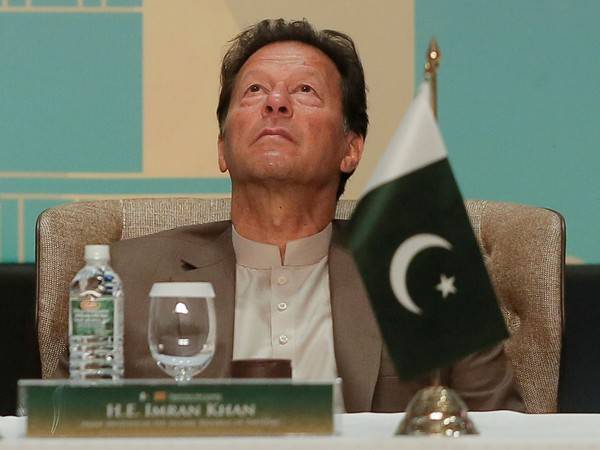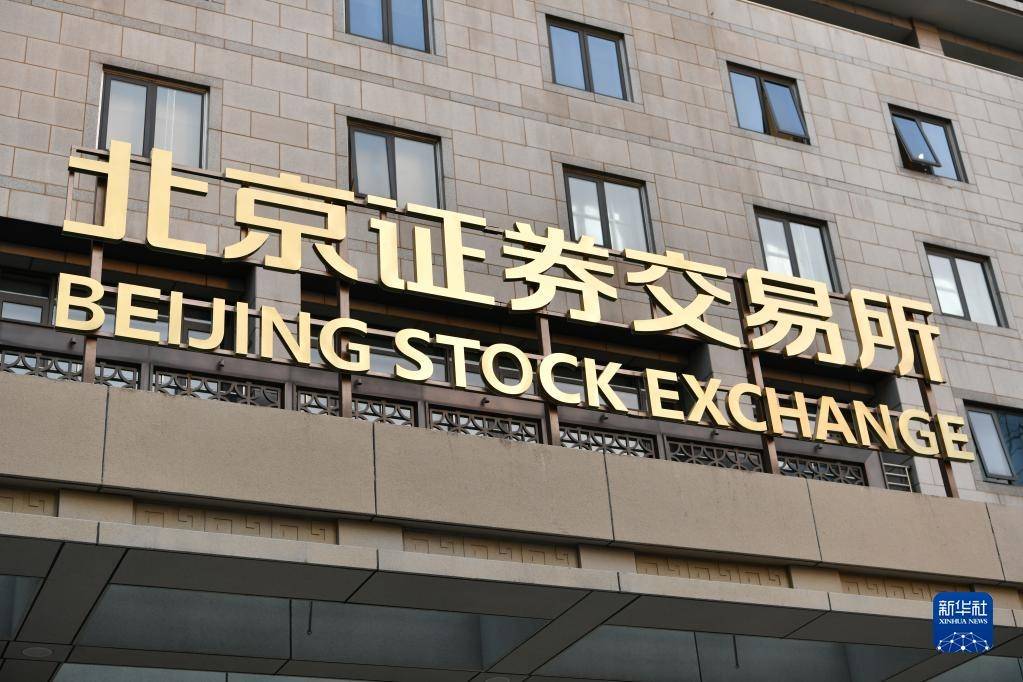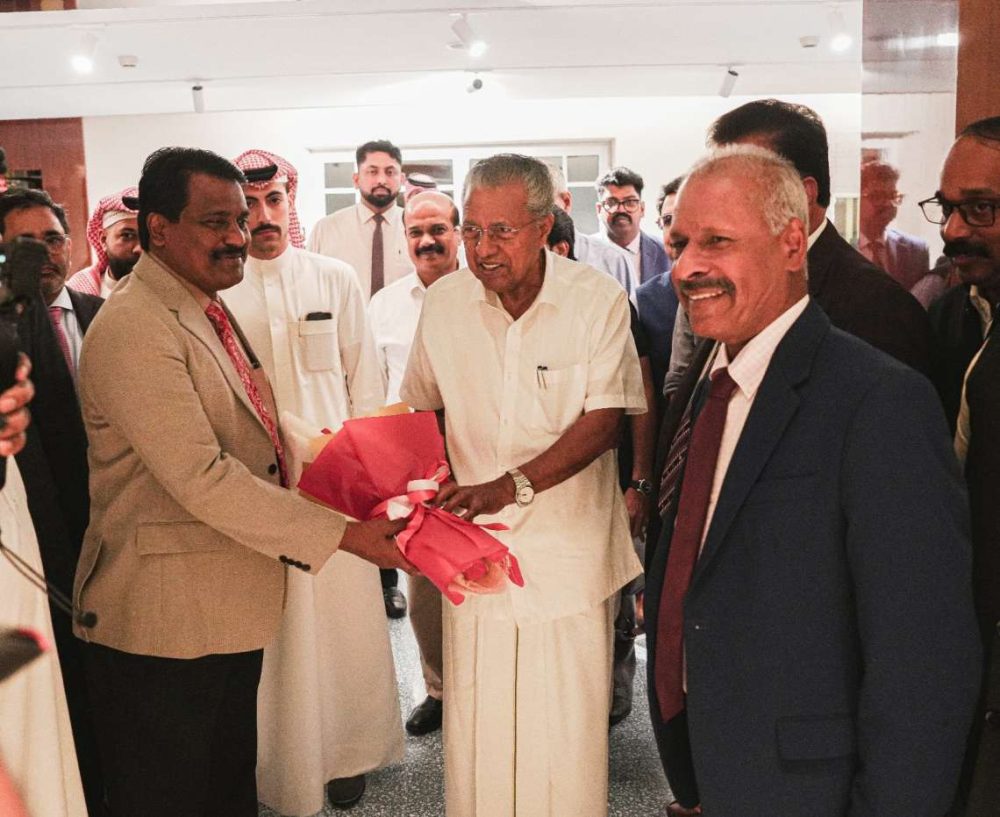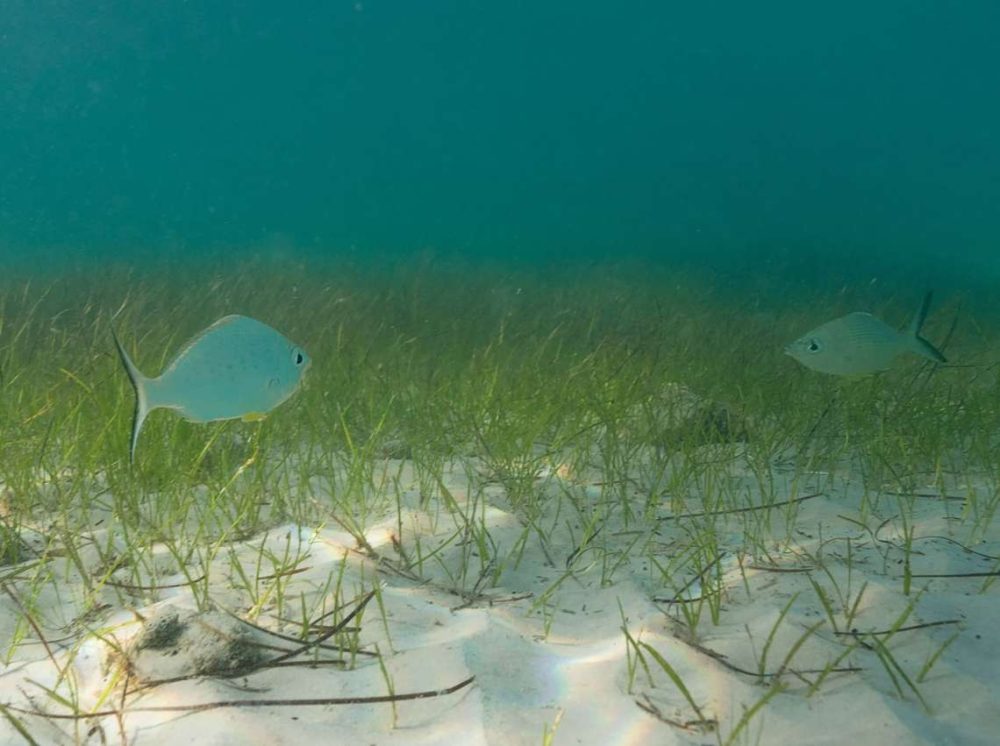At a time when countries such as Vietnam, Bangladesh and Indonesia among others have drawn large investments, inflows into Pakistan is in FATF grey list since June 2018, have been dropping…writes Mahua Venkatesh
Pakistan, currently battling several economic challenges including surging debt, desperately needs foreign direct investments (FDI) beyond what it is flowing into the country from Beijing -primarily towards the China-Pakistan Economic Corridor (CPEC).
Pakistan’s political situation and issues relating to security have impacted foreign investments. At a time when countries such as Vietnam, Bangladesh and Indonesia among others have drawn large investments, inflows into Pakistan, which has been put on the Financial Action Task Force’s (FATF) grey list since June 2018, have been dropping.
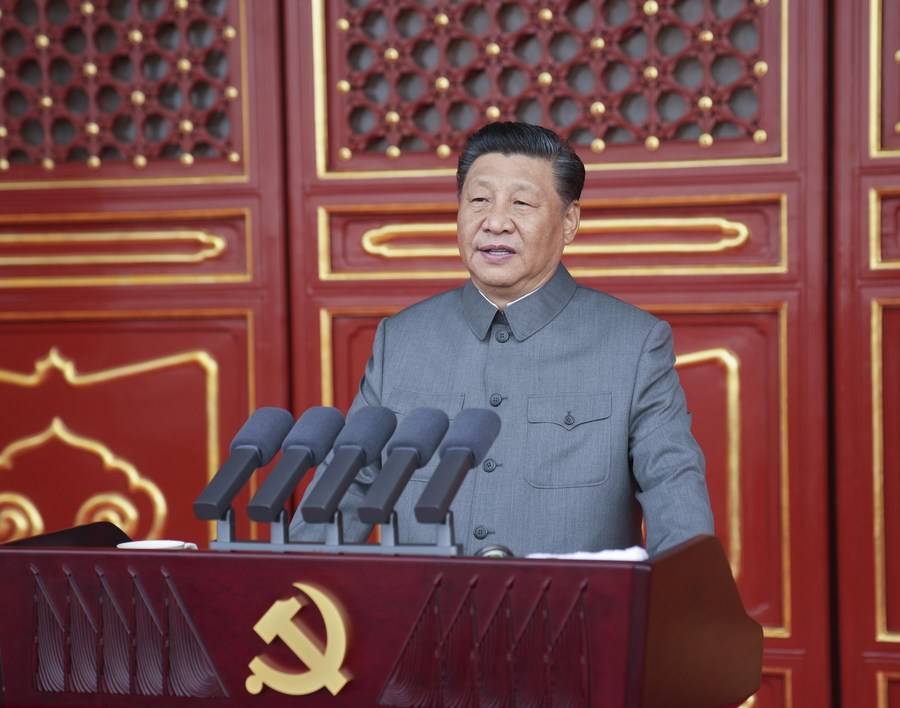
While the World Bank said that Pakistan needs to increase private investments and exports if it wants to sustain strong economic growth, many investors are opting for other markets.
What is worrying Pakistani policymakers is that inflow from China towards the multi-trillion CPEC project has also started slowing down. That apart the chunk of the investments that have been undertaken is largely by Chinese public sector or local government arms. This shows that even Chinese private investors have remained wary of Pakistan.
“Pakistan is in dire need of private sector investment � a focus of CPEC’s second stage � to stimulate sustainable economic growth and to relieve pressure of the current account deficit,” a report published by the Diplomat said, adding that despite Islamabad’s desperate attempt to attract such investments, “to date there is limited evidence that private Chinese firms want to invest in Pakistan and CPEC’s second stage is effectively at a standstill.”
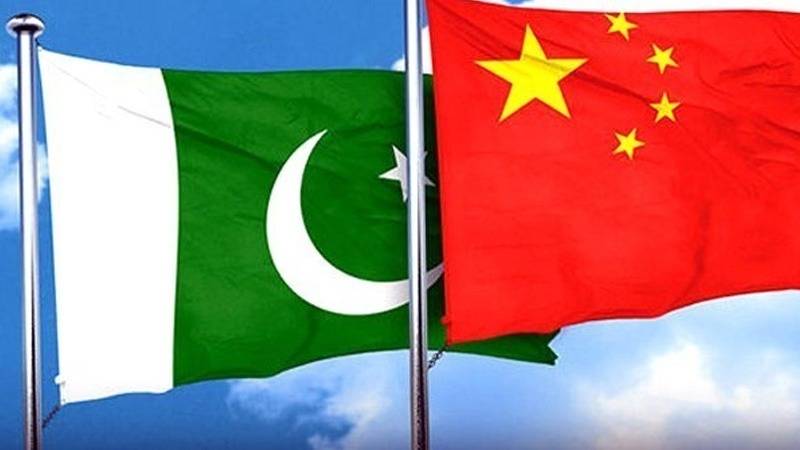
The recent violence and attacks over Chinese nationals in Pakistan have led to building of latent stress between the “iron brothers.” The Dasu attack in July that killed nine Chinese nationals has particularly become a bone of contention. “Considering these incidents, it is unlikely that Chinese private sector investments will flow into the country anytime soon,” an analyst on condition of anonymity told India Narrative.
The Dawn said, “We see foreign investors fleeing this country. Not only that the annual FDI flows into Pakistan have declined, but we also see its stock decreasing over the last five years. The FDI stock in the country has fallen from $41.9bn to $35.6bn in five years to 2020.”

FDI inflow is critical for any country as it helps in boosting the overall economy while generating jobs.
Inflow for FDI into Pakistan will also help in addressing the rising debt by supporting the country’s balance of payment.
FDI flow into South Asia
According to the United Nations Conference on Trade and Development (UNCTAD), FDI into South Asia rose by 20 per cent to $71 billion, driven mainly by $64 billion — 27 per cent jump in investments in India, the inflow into other economies remained muted.
(The content is being carried under an arrangement with indianarrative.com)


